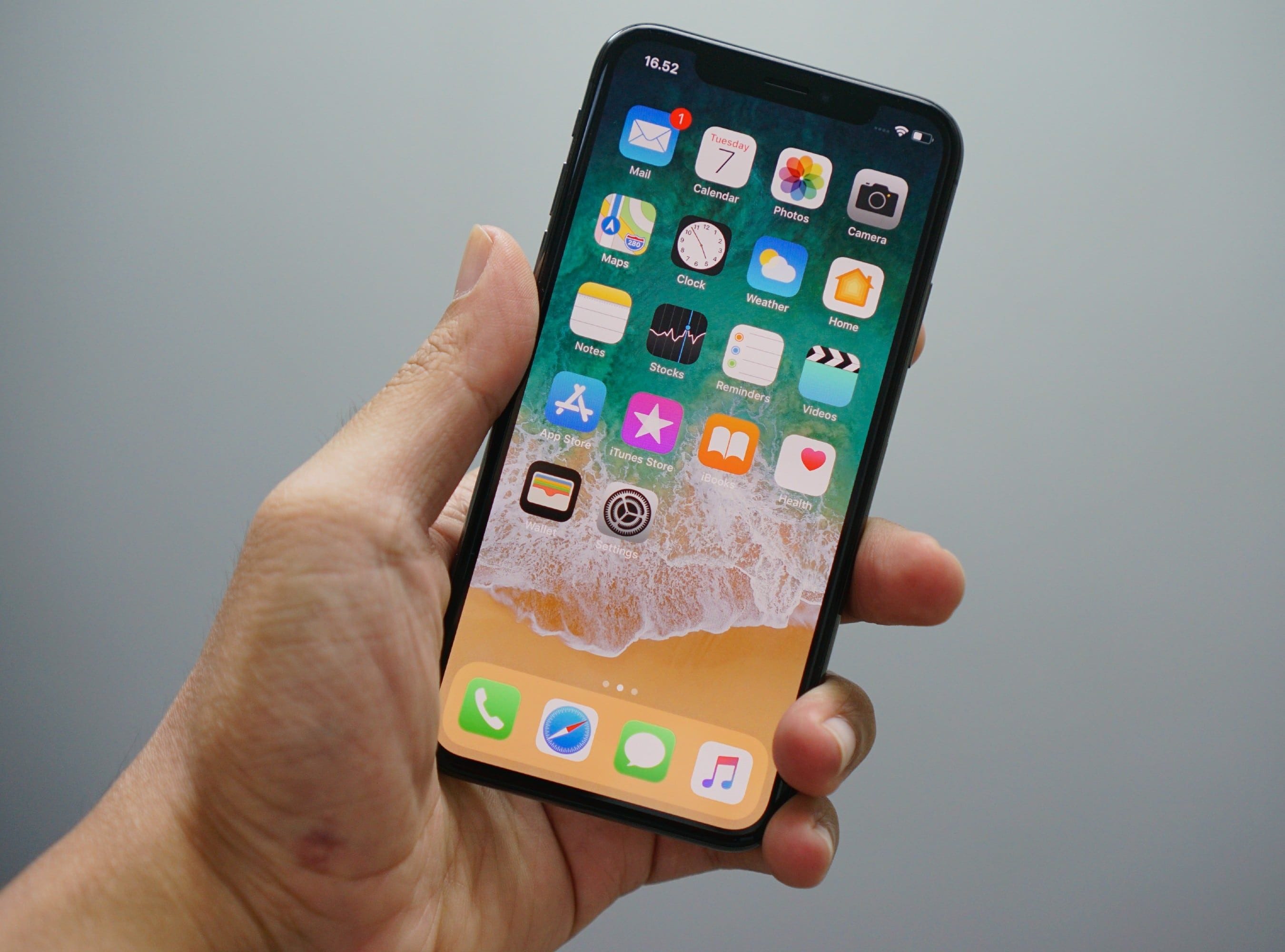Apple Allegedly Banned COVID-19 Tracker App to Thwart Competition
A lawsuit claims Apple blocked a COVID-19 tracking app from the App Store to stifle competition, raising antitrust concerns over its control of mobile app access.
Updated on
A lawsuit recently filed in a New Hampshire federal court claims that Apple kept COVID-19 tracking applications out of its App Store in order to reduce competition for its own COVID-19 tracker. In doing so, the complaint alleges that Apple violated federal antitrust laws.
The Allegations Against Apple
The creators of Coronavirus Reporter, the first completed coronavirus tracking app, brought this case against Apple. According to the plaintiffs, Coronavirus Reporter was ready for use as early as March 3, 2020—before any other developer had created a similar app. It was designed to collect symptom and location information from users, with the goal of using that information to help health officials and members of the public track COVID-19 infections. Despite its early launch and immediate need, however, the app was rejected for inclusion in the Apple App Store. Apple claimed the rejection happened because Coronavirus Reporter was not created by a “recognized institution.”
On March 14, 2020, Apple released guidance for its evaluation of COVID-19-related apps. According to the guidance, one criterion Apple sought in coronavirus apps was affiliation with “recognized entities, such as government organizations, health-focused NGOs, companies deeply credentialed in health issues, and medical or educational institutions.” Further, Apple explained, “Only developers from one of these recognized entities should submit an app related to COVID-19.”
The plaintiffs also note that Apple and Google were collaborating on a contact-tracing app early in the pandemic. Although the plaintiffs explain that this app was ultimately unsuccessful, they argue that Apple rejected Coronavirus Reporter’s application because Apple sought to protect its own interest in offering a COVID-19 app. In the complaint, the plaintiffs allege, “Apple specifically strategized to prevent Plaintiff’s app from setting a precedent or amassing a user base, which could jeopardize its own pipeline and/or the first-mover advantage of desirable institutional partners of a monopolistic trust.”
Key Issues in the Lawsuit
The claim against Apple focuses on issues of antitrust law, with plaintiffs alleging that Apple engaged in “arbitrary and capricious restraint of trade” by rejecting the App Store application for Coronavirus Reporter. The plaintiff claims that, despite Apple’s released guidance indicating that the company would approve apps only from “recognized entities,” Apple later approved COVID-19 tracking apps from organizations with less expertise than the team behind Coronavirus Reporter. There was thus “no good reason” to keep Coronavirus Reporter out of the App Store—except that doing so would leave a base of customers open to embracing the expected results of the Apple-Google collaboration, say the plaintiffs.
The antitrust argument also depends in part on Apple’s position in the mobile app ecosystem. The plaintiff argues that Apple has a “de facto monopoly” on mobile app access because so many people use devices that run on Apple’s iOS operating system. For Apple product users, the App Store is the only place to go for apps, the plaintiff argues. Keeping an app out of the store, therefore, effectively means keeping it away from millions of consumers.
In addition, the plaintiffs argue, COVID-19 tracking apps work best when they have a large number of users. Had Coronavirus Reporter been the first app available, it might have built the large user base necessary to make the data it collected truly representative of coronavirus spread. By allowing other apps to jump ahead of Coronavirus Reporter in the App Store, the plaintiffs claim, Apple caused harm in the form of user losses that can’t be remedied by adding Coronavirus Reporter to the App Store now, nearly a year into the pandemic and after several other apps are already in use.
What Role Will Experts Play in the Apple Suit?
To address the antitrust claim against Apple, several experts may be necessary. The case involves a number of technical and statistical issues. For example, Coronavirus Reporter claims that being the first COVID-19 tracking app in the App Store would have maximized the app’s user base, which would, in turn, have maximized the value of the data the app collected. The antitrust claim also depends on establishing Apple’s actual clout in the world of mobile apps. For these issues, experts who can speak to the ways in which new apps become recognized on platforms like the App Store and adopted by users can shed light on the size and significance of the impact of Apple’s rejection.
Apple’s rejection, meanwhile, was allegedly based on the company’s guidance for COVID-19 apps—a decision Coronavirus Reporter also objects to on the grounds that its app was the work of highly experienced developers. Here, a mobile application expert may shed light on the process of app creation, the type of expertise involved, and the usefulness of Apple’s guidance in ensuring that its customers were not exposed to unhelpful or insufficiently secure apps.
Finally, some commentators doubted whether the Google-Apple collaboration would ever produce a workable app. A technology expert may opine on whether such an app would have worked and how that knowledge might have affected Apple’s decisions regarding Coronavirus Reporter.


